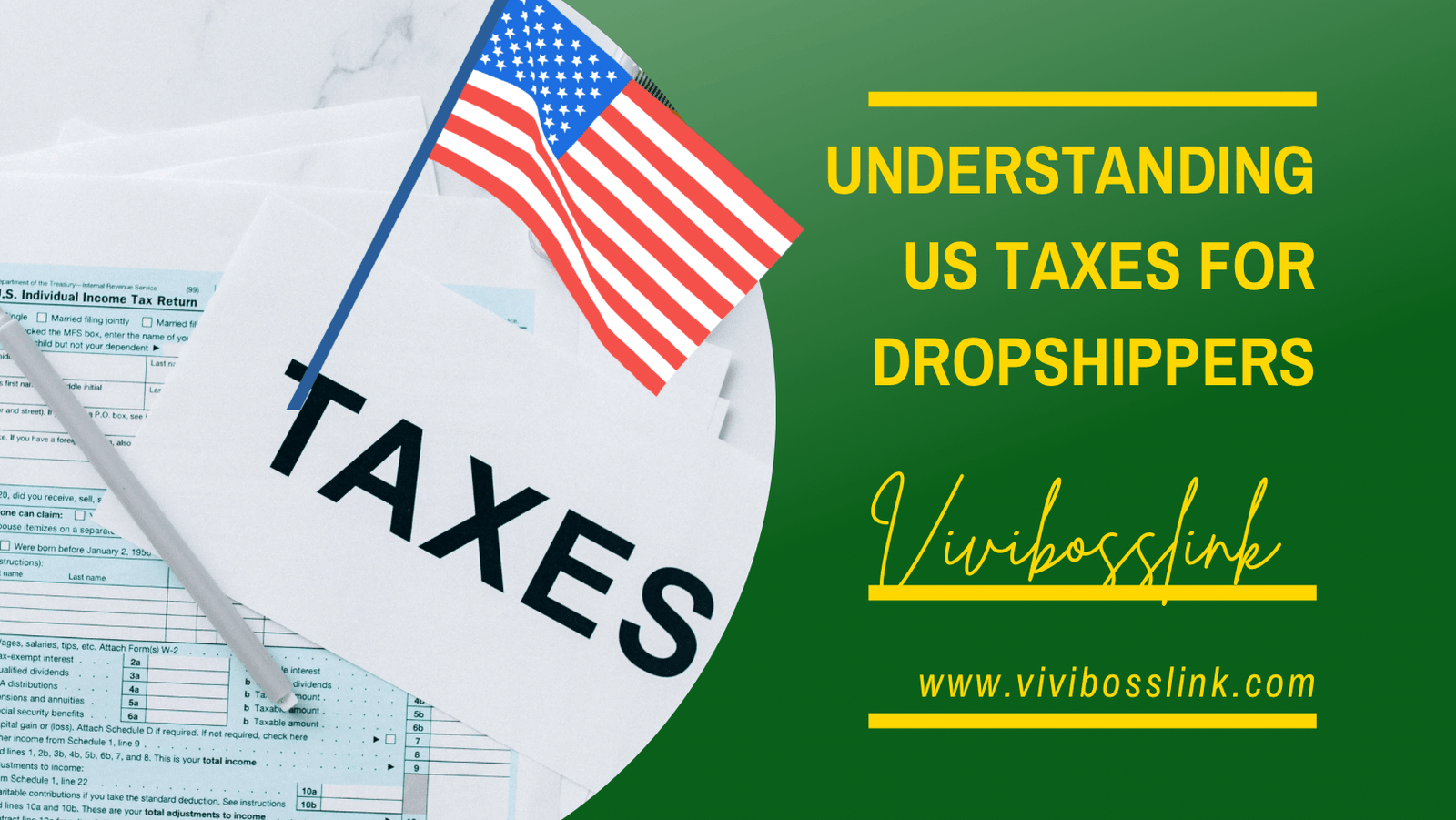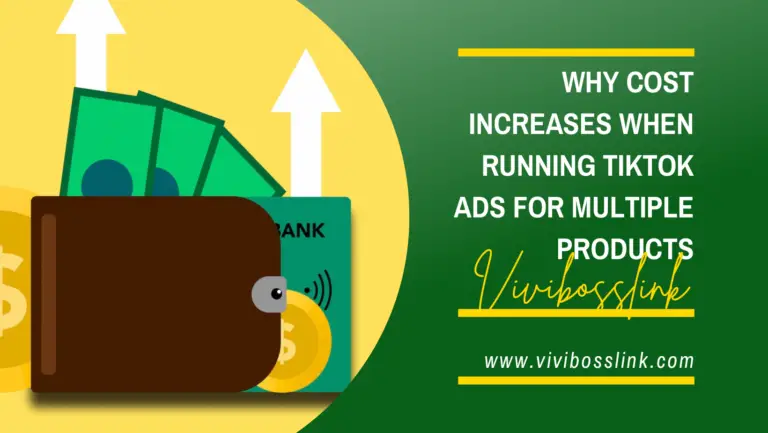
Dropshipping is a widely-used e-commerce model where retailers don’t hold inventory but instead purchase products from a third party to ship
directly to customers. While this method minimizes overhead and inventory risks, dropshippers in the United States must understand and comply with a variety of tax obligations. This guide highlights the key taxes that US-based dropshippers need to be aware of.
1. Customs Tax
When shipping products internationally, customs tax may be imposed. The tax rules vary depending on the product type, weight, and price range, with some items being exempt. Your shipping provider (courier) typically informs you of any customs taxes associated with your shipment. As a dropshipper, you can choose to absorb the cost, pass it on to the customer, or factor it into the product price.
2. Income Tax
Both federal and state income taxes apply to US-based dropshippers or those with US-registered businesses.
3. Federal Income Tax:
Dropshippers must report all business income on their federal tax returns, including profits from sales after deducting allowable business expenses. Sole proprietors and single-member LLCs report income on Schedule C of Form 1040. Partnerships and multi-member LLCs use Form 1065, while corporations file Form 1120.
4. State Income Tax
Most states require an income tax on earnings, with varying rates and rules. Dropshippers must file state income tax returns in states where they have a tax nexus, typically established by a physical presence, significant sales, or employees.
Non-U.S. residents who operate from outside the US and ship products to US-based customers are generally not required to pay US federal or state income taxes.
5. Sales Tax
Sales tax is particularly complex for dropshippers, given the varying laws across states and the implications of the South Dakota v. Wayfair, Inc. decision, which allows states to require sales tax collection even without a physical presence.
Sales Tax Nexus:
Dropshippers must determine if they have a sales tax nexus in a state, which can be established through:
- Physical Nexus: Having a physical presence, like an office or warehouse.
- Economic Nexus: Reaching a certain sales or transaction threshold within a state. For instance, many states require sellers with over $100,000 in sales or 200 transactions annually to collect sales tax.
Some states, like Alaska, Delaware, Montana, New Hampshire, and Oregon, have a 0% sales tax rate, meaning no sales tax is due even if a nexus exists.
Collecting and Remitting Sales Tax:
Once a nexus is established, dropshippers must register for a sales tax permit in that state, collect the appropriate sales tax on taxable items, and remit the tax to the state authority. Accurate records of sales and taxes collected are essential for filing.
6. Self-Employment Tax
This tax does not apply to non-US resident dropshippers. However, US-based dropshippers operating as sole proprietors or partners must pay self-employment tax, covering Social Security and Medicare contributions. The current rate is 15.3% of net earnings, split between Social Security (12.4%) and Medicare (2.9%). This tax is reported on Schedule SE of Form 1040.
7. Employment Taxes
Dropshippers who hire employees must manage employment taxes, but there’s an important distinction if they work with private dropshipping agents or third-party logistics (3PL) providers. These entities are typically independent contractors, not employees, meaning the dropshipper isn’t responsible for employment taxes related to their services.
For dropshippers with employees, the following taxes apply:
- Federal and State Income Tax Withholding: Employers must withhold these taxes from employee wages.
- Social Security and Medicare Taxes: Employers must withhold and match contributions for these taxes.
- Federal Unemployment Tax (FUTA): Employers pay this tax to fund unemployment benefits.
8. Estimated Taxes
Dropshippers may need to make quarterly estimated tax payments if they expect to owe at least $1,000 in taxes for the year after subtracting withholding and refundable credits. This includes federal income tax, self-employment tax, and sometimes state income tax.
9. State-Specific Taxes and Fees
Some states impose additional taxes and fees, such as franchise taxes, business privilege taxes, or gross receipts taxes, on businesses registered in those states. These taxes vary widely, so it’s important for dropshippers to research the requirements in each state where they operate. Certain states are more favorable for registering an LLC due to lower tax burdens, as discussed in the article Ideal States for E-Commerce Startups to Register an LLC in the United States.
Conclusion
Understanding and complying with US tax laws is essential for dropshippers. The complexity of state laws and multiple tax types can be daunting, so staying informed, maintaining accurate records, and seeking professional tax advice can help dropshippers remain compliant and avoid penalties. With a solid grasp of their tax obligations, dropshippers can focus on growing their business with confidence.
This tutorial is part of our free dropshipping course. You can check our dropshipping course outline here.







